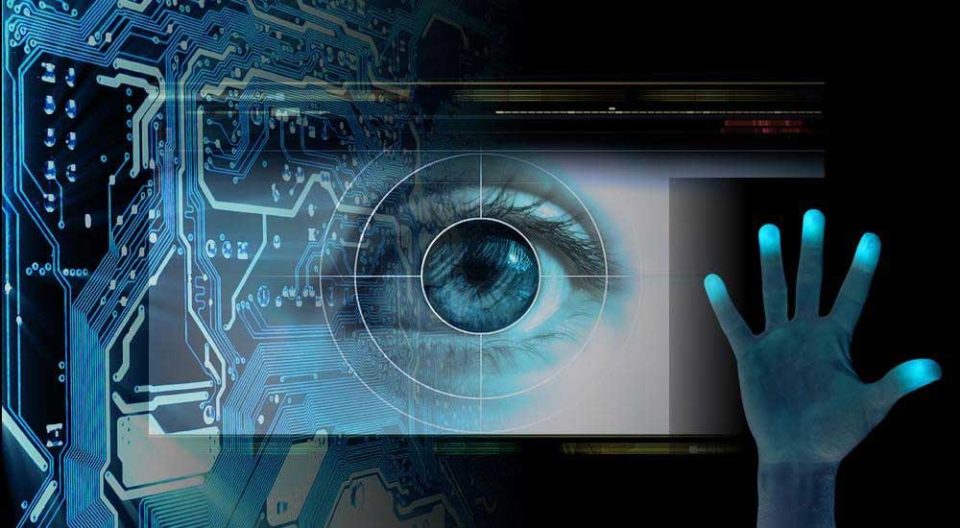The Supreme Court of Jamaica has now confirmed what jamaicaglobalonline told readers in our story of November 2, 2018, that the National Identification and Registration Act (NIDS) is a flawed piece of legislation, likely to impinge on the constitutional rights of Jamaicans. Join the over 40,000 persons who have so far read the original post:
‘WHAT ALL JAMAICANS LIVING OVERSEAS, IN FOREIGN AND ABROAD MUST KNOW ABOUT NIDS’
In a landmark ruling on April 12, 2019, the full court comprising Chief Justice Brian Sykes, Justices David Batts and Lisa Palmer-Hamiltion, unanimously declared the NIDS Act
“Null and Void and of no legal effect.”
The Court’s ruling came as no surprise as legal, civil society groups and the political opposition had pleaded with the government to engage the country in more detailed discussion of the proposed Act before it was voted into law. Not only did the government ignore the public but it bull-dozed the Act through both Houses of Parliament and proceeded to spend taxpayers money in advertising and implementation contracts even as the challenge to the law was before the courts. NIDS is being funded at a cost of US$13.6 million, part of a US$68 million LOAN by the Inter-American Development Bank (IADB).

Jamaica Global Online said the NIDS Act was likely to be an invasion of Jamaicans’ right to privacy. The Court agreed.
Right to Privacy
Citing precedent from the Supreme Court of India, the Jamaican Justices re-affirmed the Jamaican citizens’ right to privacy on three grounds:
- Privacy of the Person: that is when there is some invasion by the state of a person’s right, related to his physical body;
- Informational Privacy: which does not deal with a person’s body but the recognition that an individual may have control over the dissemination of material that is personal to him or her and where the unauthorized use of such information may lead to infringement of that right;
- Privacy of Choice: which protects individual autonomy over personal choices.
It was the mandatory requirement of the NIDS Act which requires the compulsory taking of biometric information, and that requirement supported by criminalization if a person did not register that really got Jamaicans angry. The Court found that the mandatory requirement deprived Jamaicans of choice and ruled that on all three dimensions, the NIDS ACT does violate the citizens’ right to privacy. It described the law as being ‘very coercive’ in exposing the citizen to criminal prosecution.

Jamaica Global Online also warned against the dangers involved in the taking of a person’s biometric information. The Court agreed.
Collecting Bio metric Information
The Court found that the collection of biometric information impacts the citizens’ informational privacy as well as his ability to move about freely. The Justices pointed to the fact that the unique identification number (NIN) to be issued to each Jamaican was to be seeded across a variety of databases, ultimately within the possession of the government and enabling the state to pull together vast amounts of information about the citizen. In effect this would put the government in a position to derive new information and new knowledge by this combination. This, they concluded WAS an invasion of privacy rights and the justification given by the government for forcing citizens to submit to this invasion of their privacy did not meet the statutory or constitutional standard. In addition, there was the question of storage and the safety of citizens’ information once it is in the possession of the state. The Court ruled that NIDS in its present form, protection was inadequate and therefore a violation of the right to privacy.
Why is the ruling in this particular case so important?
Shutting down the NIDS law itself might be seen as a major victory by concerned citizens and it is. Far more important however is the precedent that this case has established – which is the right of ALL Jamaicans to challenge any ACT of Parliament if he/she thinks it is likely to impinge his or her freedom. This precedent has been established by the Court’s interpretation of Section 13, sub-section 2 of the Charter of Fundamental Rights and Freedoms as guaranteed by the Jamaican constitution which declares that:
Parliament shall pass no law and organs of the state shall take no action which abrogates, abridges or infringe those rights.
What the court has now declared in unequivocal terms is that once the citizen establishes a violation or a likely violation he has the right to challenge such action in the courts. Moreover, the burden is now on the violator (the government) to prove in its defense that its action or proposed action is ‘demonstrably justified in a free and democratic society.’

In the case of the NIDS challenge brought by Mr Julian Robinson, the government was unable to justify both the mandatory requirements of the Act and the invasion of the privacy rights of Jamaicans. In rubbishing the claims by the Attorney General that the NIDS constitutional challenge was a political ploy, the Chief Justice observed that the fact that Julian Robinson was a Member of Parliament and a member of a political party was completely irrelevant, as ALL Jamaicans have the right to challenge any Act of Parliament if he/she thinks it is likely to impinge on his/her freedom.
Read Also: ‘WHAT ALL JAMAICANS LIVING OVERSEAS, IN FOREIGN AND ABROAD MUST KNOW ABOUT NIDS’



1 comment
“NIDS is being funded at a cost of US$13.6 million, part of a US$68 million LOAN by the Inter-American Development Bank (IADB)”.
When the more developed nations invest (through their banks like IMF etc.) the receiving countries, (especially predominantly black country) is forced to waste the money on projects that benefit those industrialized nations while keeping locals in more poverty than before. Trump was right when he classified black run countries as shit hole countries. My only disagreement with him is that he did not explain how such countries become shit holes. There are many benefactors to black leaders or leaders of black dominant countries keeping their citizens in shit hole conditions. Unfortunately the excessively ignorant Trump could not explain the rest of the story.
I was not aware of this new program, and I suppose it is now disbanded. That’s great, and I hope the vigilant people living in Jamaica will continue to stay vigilant. How much more of that loan was directed for things that would bring no good to the citizens I wonder?
Comments are closed.